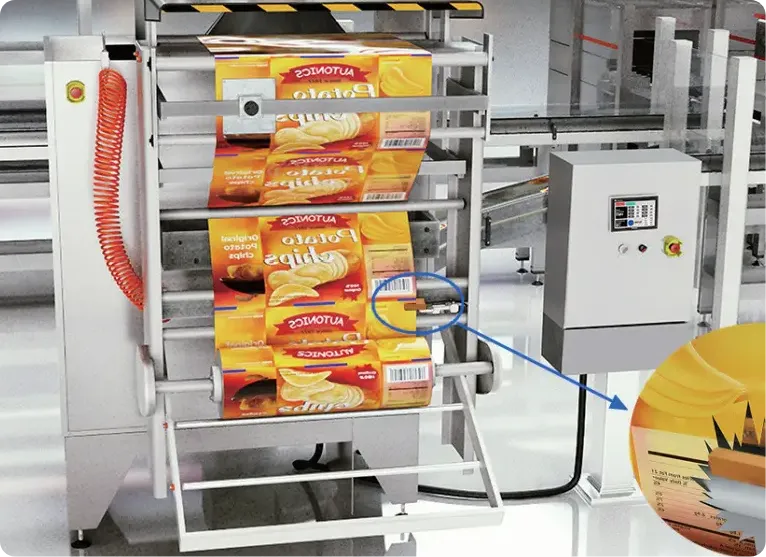Feb . 02, 2025 02:31 Back to list
ultrasonic sensor maximum distance


Laser scanners also command authority in the realm of heritage conservation. Preservationists rely on these tools to document historical sites and artifacts with immaculate detail. This authoritative documentation allows conservators to study and restore without risking damage to the original structures. The comprehensive data captured also serves as an archival resource, ensuring that valuable information and history are preserved for generations to come. This authoritative approach underscores how laser scanning technology is reshaping the methodologies used in preserving human history. The trustworthiness of laser scanning technology is further reinforced by its consistent and reliable performance across diverse applications. Whether employed in automotive manufacturing for quality control, or in the medical field for orthotic design, laser scanners earn the trust of professionals by delivering precise, repeatable measurements. In healthcare, for example, the trust bestowed upon laser scanning is crucial. When designing custom prosthetics or orthotic devices, accurate patient data ensures a better fit and improved patient outcomes. The reliability of this technology ensures that professionals can confidently make critical decisions, knowing the data they are working with is dependable. As laser scanners continue to evolve, advancing in capabilities and applications, their role in industry and research will only expand. Their ability to provide detailed, reliable, and accurate data is transforming how professionals work across various sectors, bolstering efficiency, precision, and innovation. The future of laser scanning promises even more integration into everyday applications, offering tools that not only meet industry standards but set new ones. With their proven track record of enhancing experience, showcasing expertise, exerting authority, and ensuring trust, laser scanners are undeniably at the forefront of technological progress.
-
Why Steel Mills Rely on FODA’s High-Temperature Cylindrical Roller Bearings?
NewsApr.10,2025
-
What is a Plain Bearing? A Complete Guide to Design & Functionality
NewsApr.10,2025
-
Thrust Ball Bearings vs. Tapered Roller Bearings: FODA’s Performance Comparison
NewsApr.10,2025
-
The Engineering Behind FODA Thrust Ball Bearings: Precision for High-Speed Applications
NewsApr.10,2025
-
No More Compromises: Get Precision-Engineered Custom Bearings Tailored to Your Exact Specifications
NewsApr.10,2025
-
In-Depth Analysis: Application Differences of Different Types of Angular Contact Ball Bearings
NewsApr.10,2025
Products categories
















